
One Person Washes the Dishes, the Whole Family Gets Sick? 4 Dishwashing Mistakes Everyone Should Stop Immediately

Dishwashing—one of the simplest, most familiar chores in every household—may actually hide surprising health risks. According to doctors, if even one person in the family washes dishes incorrectly, harmful bacteria can spread through everyday utensils and potentially affect everyone at the dining table.
When Dishes Aren’t Properly Cleaned, Bacteria Stay on the Table
Many people rinse dishes carelessly, stacking plates with leftover food still clinging to them before washing everything in one batch. Although this may seem convenient, it is extremely dangerous. Food residue—especially oils, meat scraps, and sauce—is the perfect breeding ground for bacteria in a warm, humid kitchen environment.
These microorganisms can multiply rapidly and release toxins. Worse, they can easily spread from one dish to another during washing. Doctors warn that harmful bacteria such as Salmonella (a leading cause of food poisoning) and Helicobacter pylori (responsible for gastritis and stomach ulcers) can remain on poorly washed dishes.
Proper practice: Always scrape and rinse dishes thoroughly before washing, especially those with oil, meat, or seafood residue, to reduce bacterial contamination as much as possible.
Mixing Utensils Used for Raw and Cooked Foods: A Direct Path to Infection
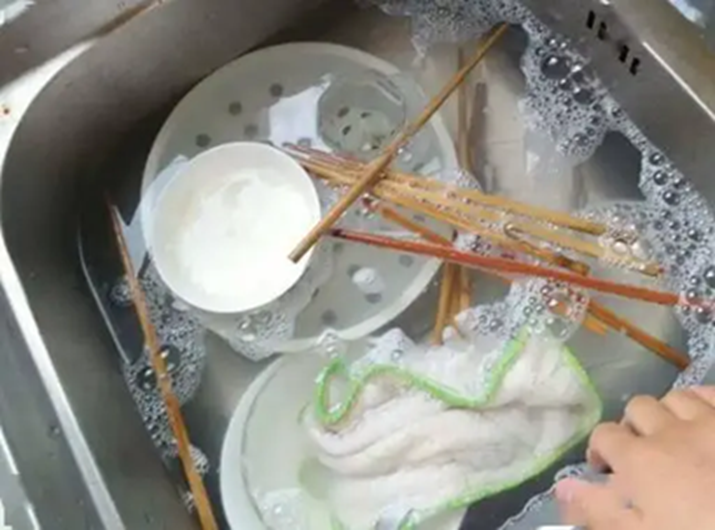
Many households use the same cleaning basin, sponge, or scrubber for both raw-food tools (like cutting boards and knives used for meat or seafood) and dishes that hold cooked food. This seemingly harmless habit is one of the most common causes of cross-contamination.
Raw foods contain dangerous bacteria such as E. coli, Listeria, and Salmonella. When utensils and dishware are washed together, these microbes can easily transfer to dishes used for prepared meals—eventually entering the body and causing diarrhea, stomach inflammation, or acute food poisoning.
Proper practice: Always separate the washing tools for raw and cooked items. Use different cutting boards, knives, and especially separate sponges for raw-food cleanup.
The Kitchen Sink: A Forgotten Breeding Ground for Germs
People often focus on washing dishes but forget to clean the sink itself—the very place where food scraps, grease, soap residue, and dirty water accumulate. Over time, the sink becomes one of the dirtiest spots in the kitchen, creating ideal conditions for mold and bacteria.
Studies show that the number of germs in an uncleaned kitchen sink can be dozens of times higher than those found on a toilet seat.
Proper practice: Clean the sink thoroughly at least once a week—scrub the basin, sanitize the surface, and especially pay attention to the drain area, where grease and grime accumulate the most. For households cooking daily, twice-weekly cleaning is even better.
The Dish Sponge: The Most Bacteria-Infested Item in the Kitchen
Dish sponges and scrubbers are used every day and are constantly exposed to food particles, but they’re often neglected. A damp sponge that isn’t cleaned or dried properly becomes a warm, moist home for bacteria, mold, and harmful pathogens.
A study from the University of Arizona found that over 75% of household dish sponges contain E. coli and Salmonella—two of the primary causes of gastrointestinal infections.
Proper practice:
-
Wash and wring out the sponge daily.
-
Let it dry completely in a well-ventilated area.
-
Replace it every 2–3 days.
-
Never use the same sponge for wiping the stove, counters, or raw-food utensils.
For better hygiene, some families are now switching to silicone scrubbers or boiling sponges regularly to kill bacteria.
How to Wash Dishes Properly and Protect Your Family’s Health
Clean dishes are not just about the dish soap used—they depend on proper habits and a hygienic washing routine. To ensure safety:
-
Remove all leftover food before washing.
-
Separate washing tools for raw and cooked items.
-
Clean the sink regularly to prevent bacterial buildup.
-
Wash and replace dish sponges frequently.
-
Rinse thoroughly to avoid chemical residue from detergents.
-
Air-dry dishes instead of wiping with cloths (which may contain bacteria).
Final Message
A simple task like dishwashing, when done correctly, can protect the entire family's health. But if done carelessly, it can become an “open gateway” for harmful bacteria to enter your meals.
Wash dishes thoughtfully—not just for cleanliness but for the safety and well-being of you and your loved ones.
News in the same category

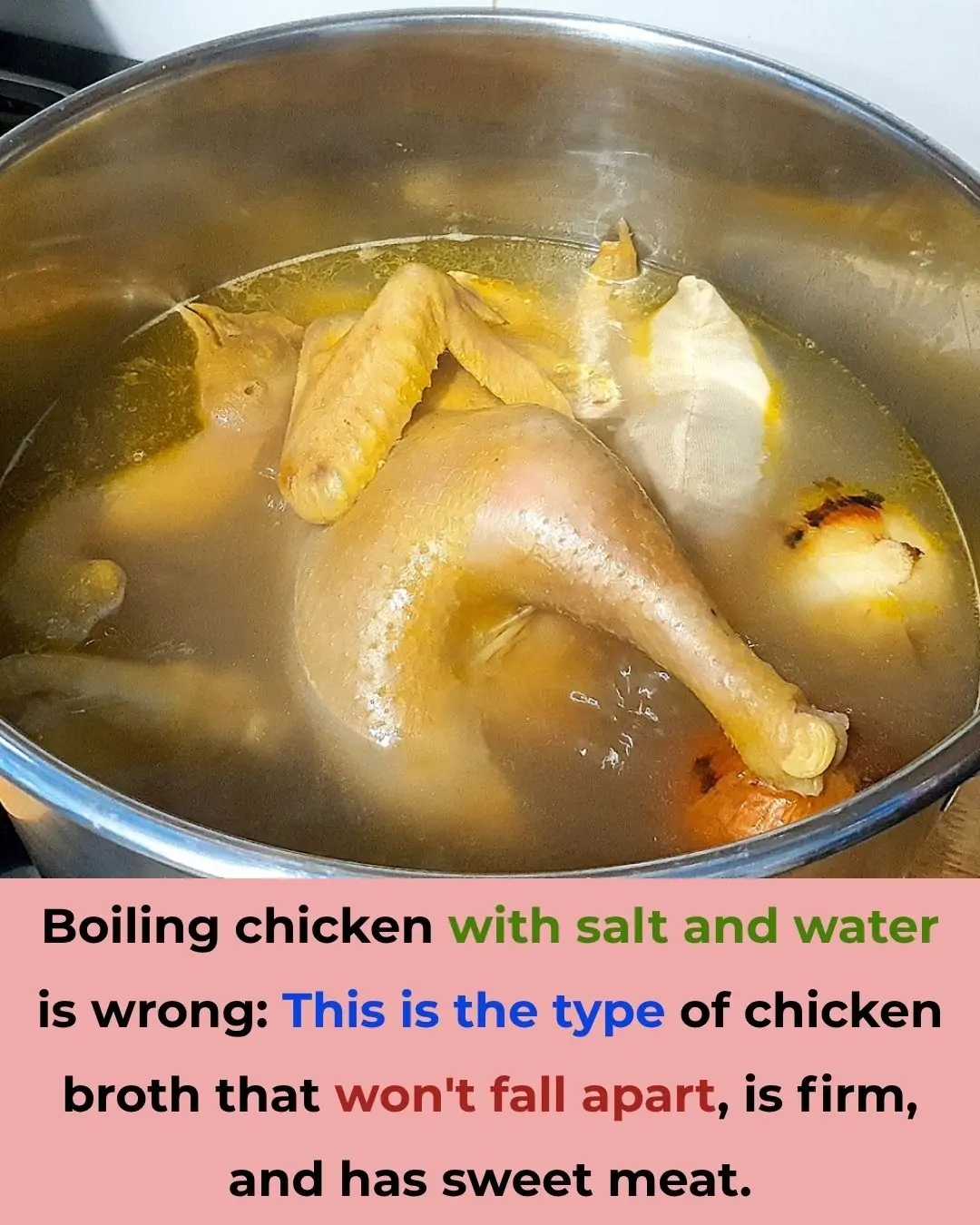
The Right Way to Boil Chicken: This Method Keeps the Meat Firm, Juicy, and Delicious

No Need for Air Fresheners: Keep This in Your Bathroom to Eliminate Odors and Save Hundreds Every Year

Why You Should Keep a Small Bottle of Medicinal Oil in Your Bathroom: Special Benefits Everyone Should Know
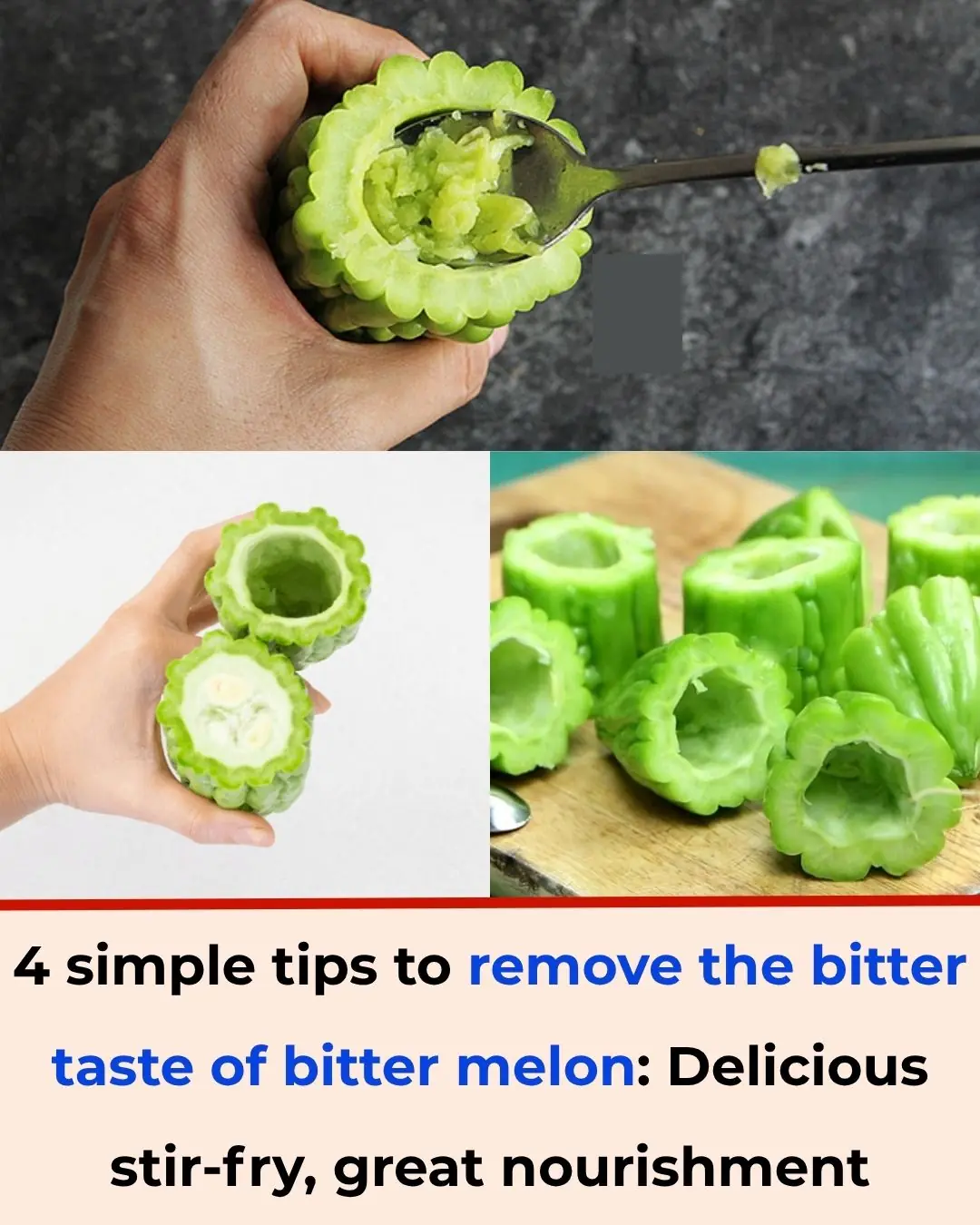
4 Simple Ways to Remove the Bitter Taste from Bitter Melon: Stir-Fry for a Delicious and Nutritious Dish

A 30-Year-Old Man Suddenly Developed Kidney Failure: 5 Daily Habits Destroying Your Kidneys Without You Realizing

Women Who Age Faster and Live Shorter Often Do These 4 Things at Night — How Many Apply to You?

Doctors Warn: 3 Common Beauty Habits That Many Don’t Realize May Increase Cancer Risks

The dirty fan needs to be disassembled, do this for just a few minutes to clean it, clean the dirty fan. over

4 Signs It’s Time to Replace Your Water Filter Cartridge Immediately

5 Foods You Should Never Combine with Pumpkin
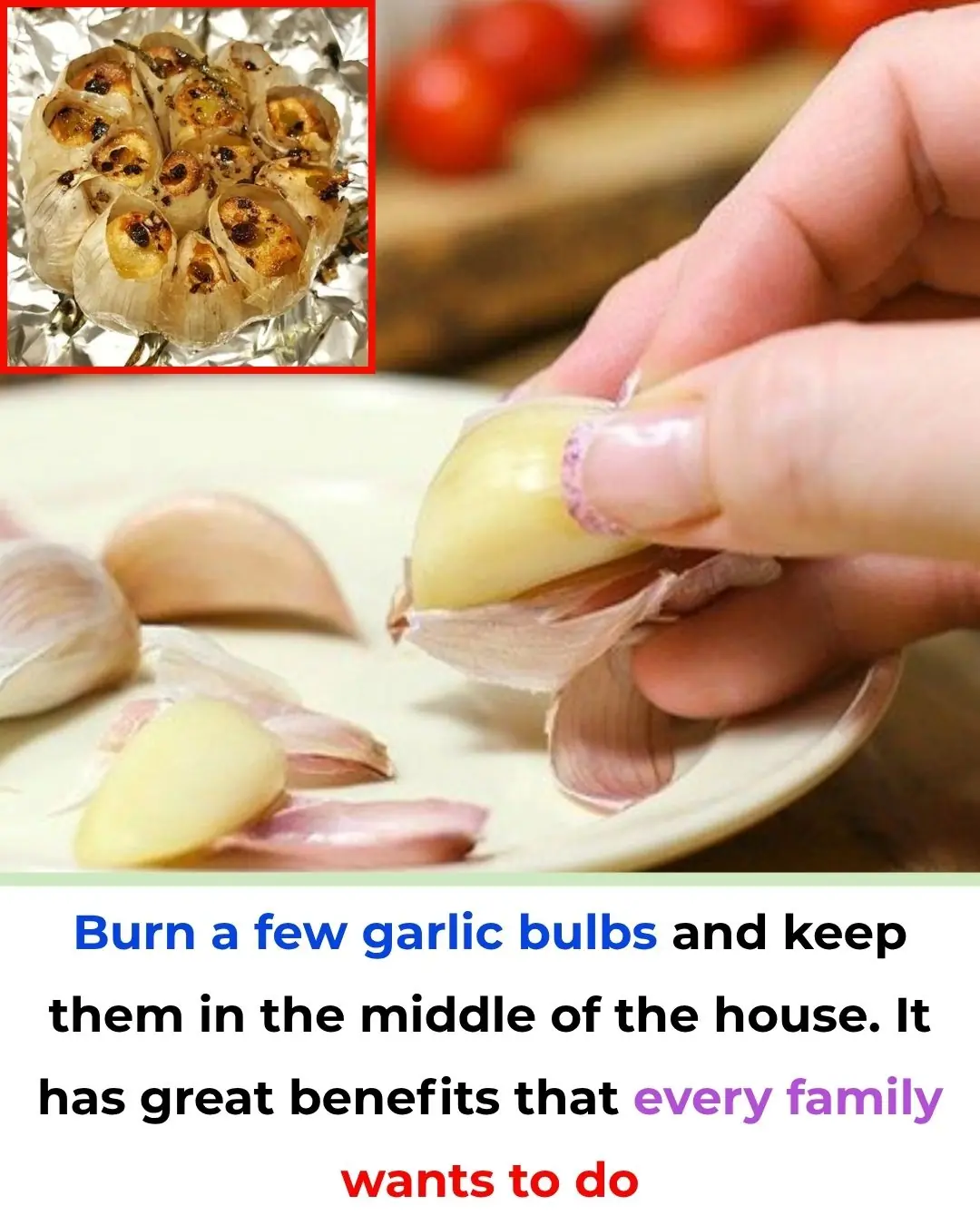
Burn a few garlic bulbs and keep them in the middle of the house. It has great benefits that every family wants to do

If You See a Hole in a Pen Cap, This Is What It Means

🍃 5 Reasons To Add Vinegar to Your Laundry – Safe, Natural & Effective

So clever

Clothes worn for a long time turn yellow, use this method to make them white again like new

How to remove fishy smell in the refrigerator with simple ingredients
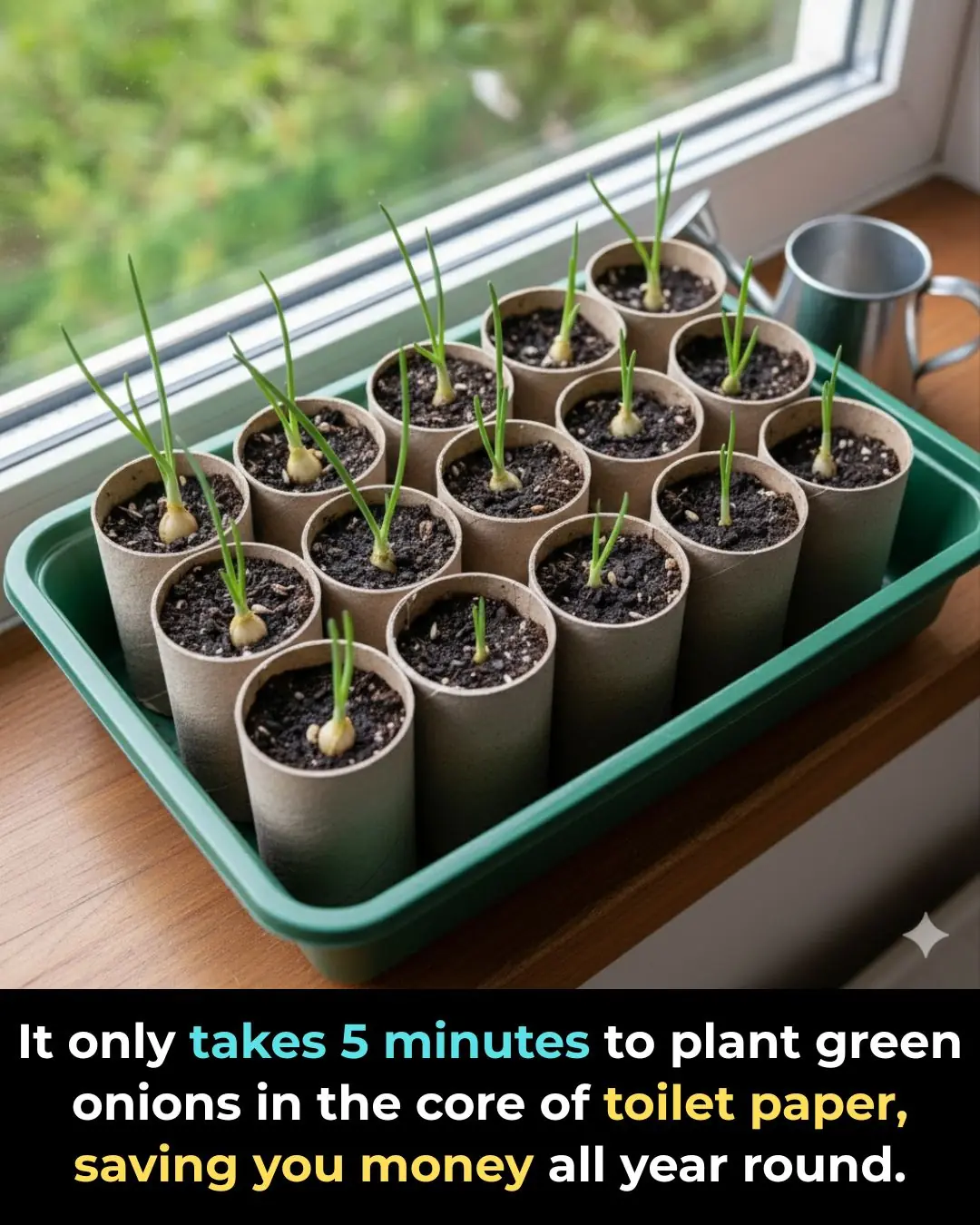
It only takes 5 minutes to plant green onions in the core of toilet paper, saving you money all year round.

Whatever you fry, just add 1 spoon of this powder to the pan, no oil will splatter, the food will be golden brown and crispy.
News Post

7 Best Ways To Use Cloves For Skin Care

The Second Life of Lions — Finding Freedom After Rescue.

When Wild Hearts Trust Us — The Unspoken Bond Between Humans, Lions, and Tigers.

The Lion Who Loved Back: Jupiter’s Final Goodbye.

Don’t Rush to Refrigerate Lemons: This Method Keeps Them Fresh and Juicy for a Whole Year

The Right Way to Boil Chicken: This Method Keeps the Meat Firm, Juicy, and Delicious

No Need for Air Fresheners: Keep This in Your Bathroom to Eliminate Odors and Save Hundreds Every Year

Why You Should Keep a Small Bottle of Medicinal Oil in Your Bathroom: Special Benefits Everyone Should Know

Six Prisoners, One Fallen Officer, and a Choice That Revealed Their True Hearts.

4 Simple Ways to Remove the Bitter Taste from Bitter Melon: Stir-Fry for a Delicious and Nutritious Dish

A 30-Year-Old Man Suddenly Developed Kidney Failure: 5 Daily Habits Destroying Your Kidneys Without You Realizing

“The Cry That Saved Us”: The Night Two Fort Worth Officers Refused to Give Up.

Women Who Age Faster and Live Shorter Often Do These 4 Things at Night — How Many Apply to You?

A Prom Night 76 Years in the Making.

My Husband Left Me and the Kids at Home on Christmas Eve to Celebrate at His Office Party So We Decided to Pay Him a Visit

A 42-Year-Old Man Died of a Stroke Despite Not Smoking or Drinking — Doctors Shocked to Find the Real Daily “Killer” in His Diet

Doctors Warn: 3 Common Beauty Habits That Many Don’t Realize May Increase Cancer Risks
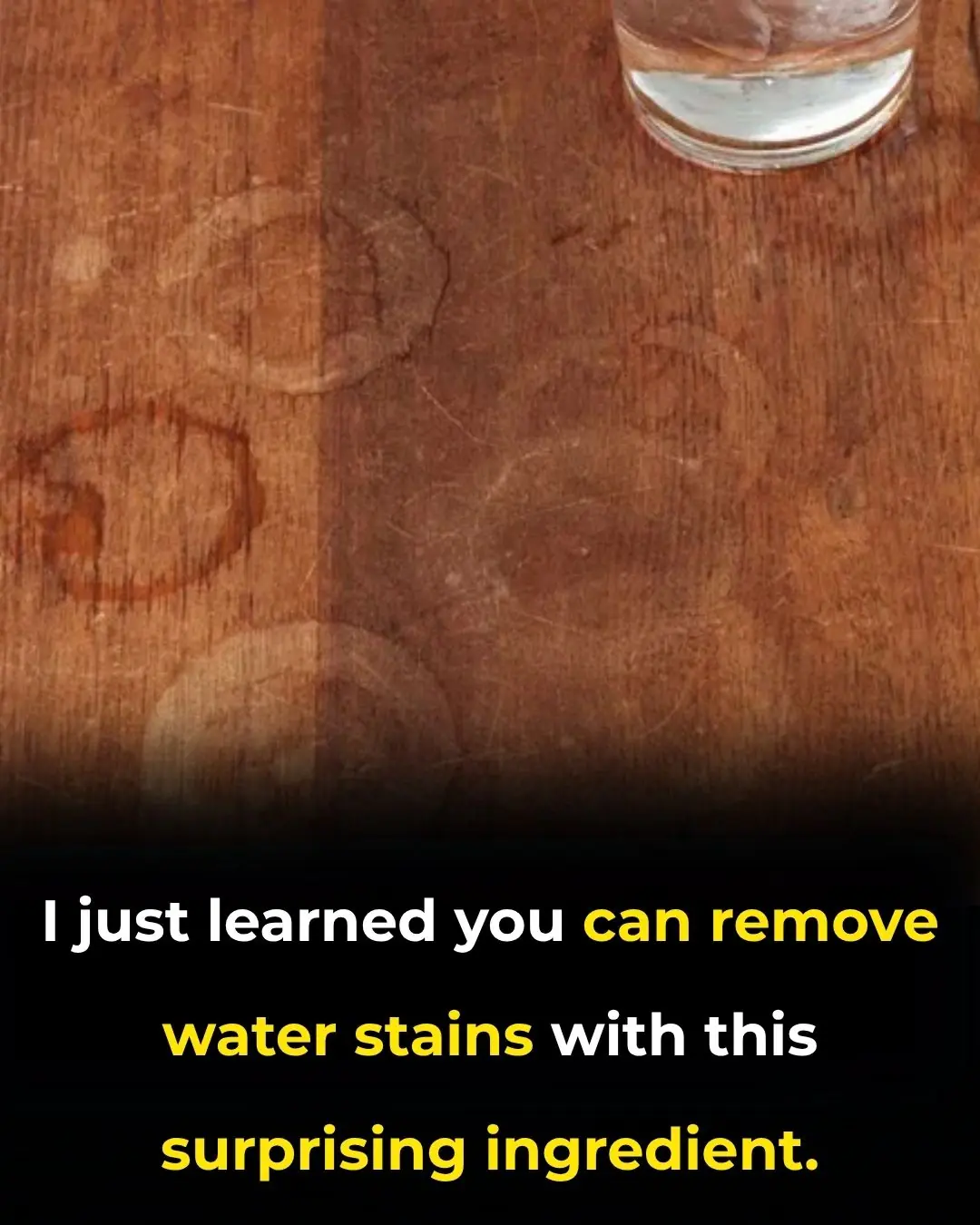
How to Remove Water Stains from Wood with Mayonnaise
